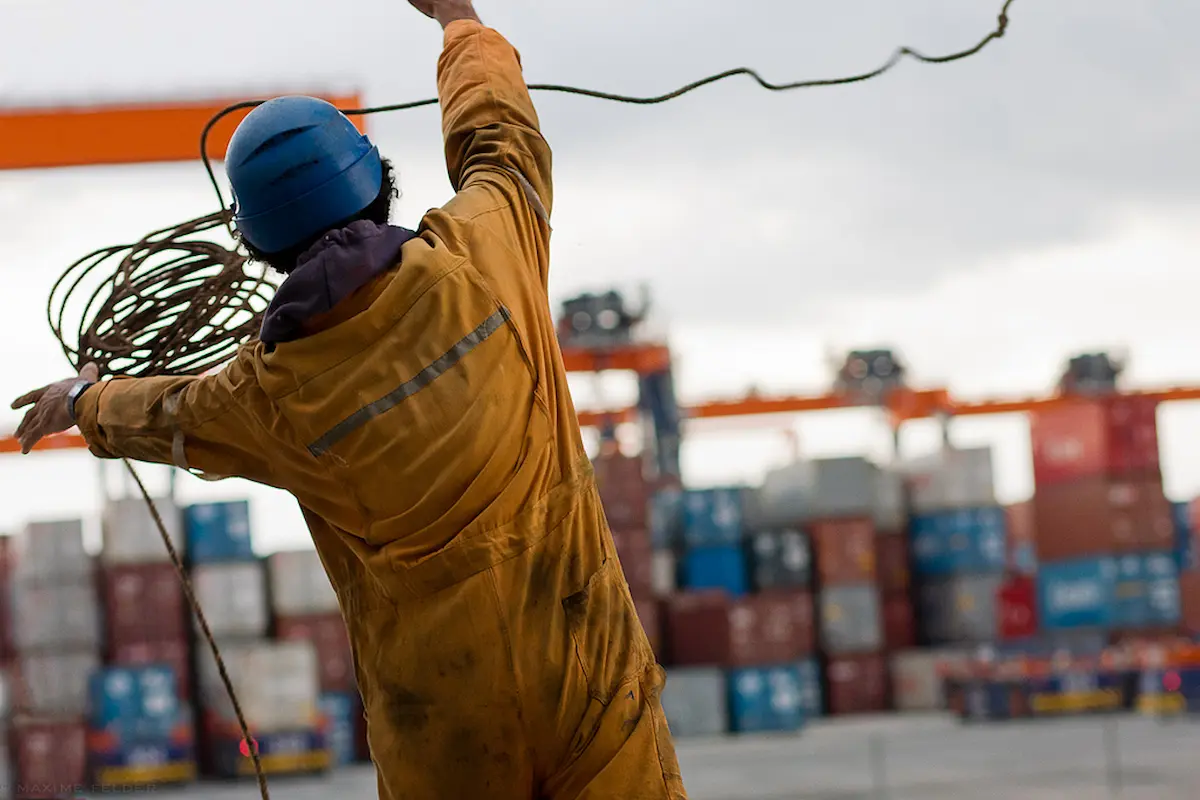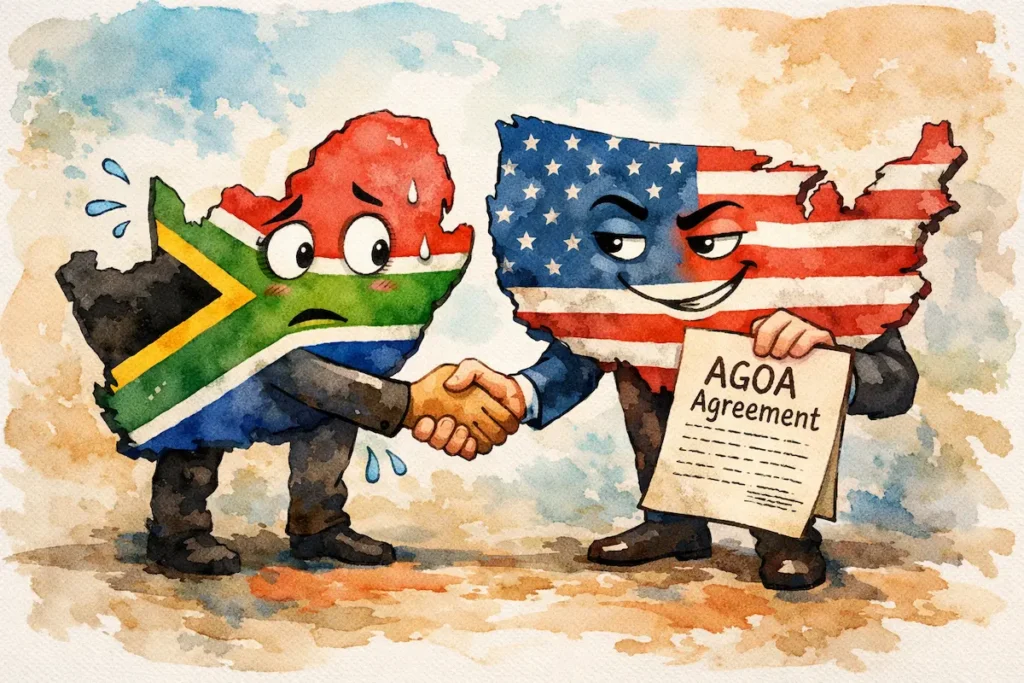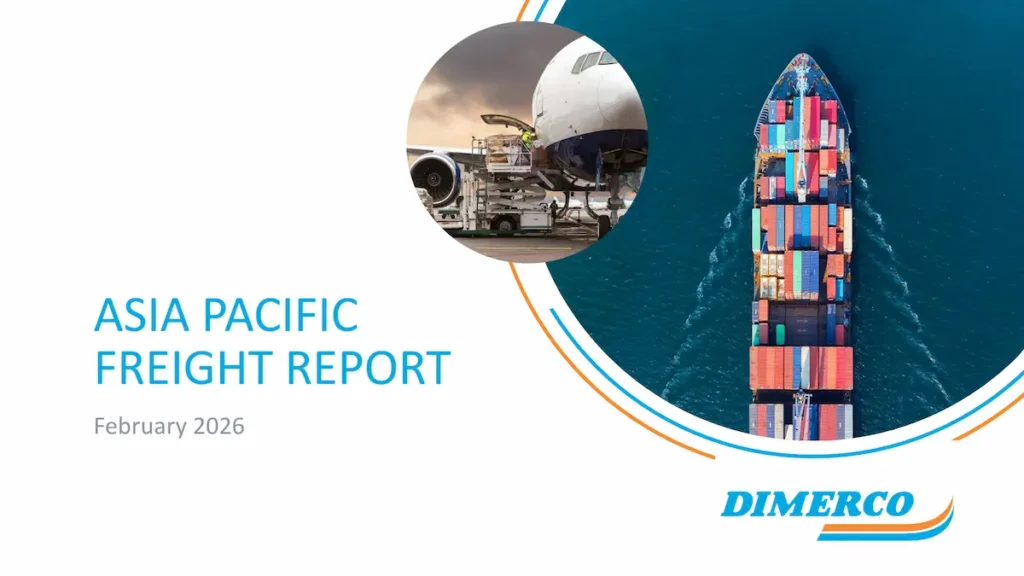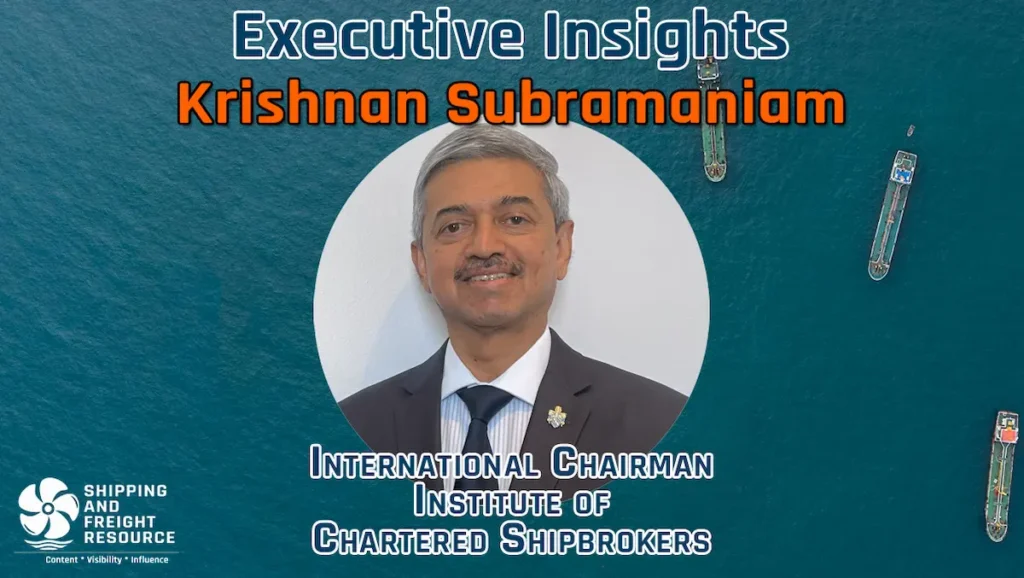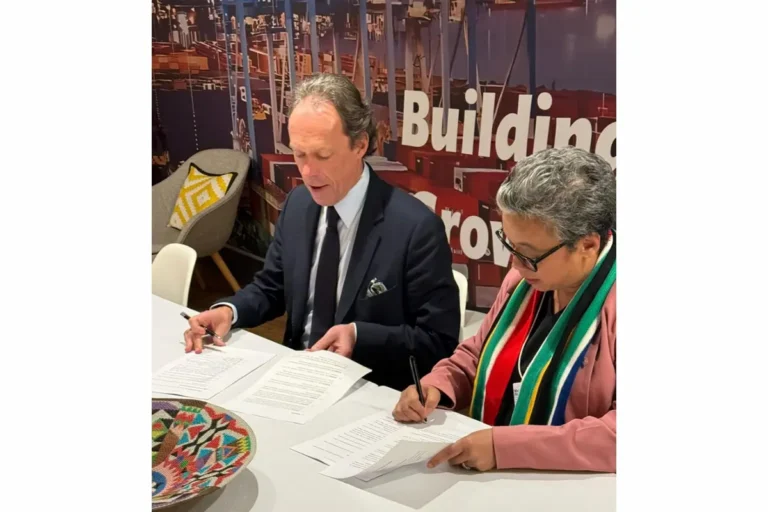As of October 2024, a total of 488,606 Filipino seafarers had been deployed worldwide, with projections nearing 504,000 in 2025.. The Philippines consistently ranks as the largest supplier of seafarers globally, accounting for approximately 25% (one in four seafarers) of the world’s 1.2 million seafarers.
However, if you are a seafarer navigating the open seas near areas like the Bab al-Mandab Strait, you are not just worried about strong currents or narrow traffic lanes. You face the chilling uncertainty of armed attacks and missile strikes..
This is the grim reality confronting thousands of seafarers as assaults in the Red Sea and Gulf of Aden have intensified since late 2023..
In response, governments, shipping companies, unions, and industry groups are scrambling to bolster protections for seafarers, those often-unsung professionals who keep global trade moving and growing even in the most perilous waters..
Philippines moves to protect its seafarers
Gard is reporting that in response to this escalating threat, the Department of Migrant Workers (DMW) released Advisory No. 21, Series of 2025, formalizing its protective stance..
In DMW Memo Circular No. 035-25, dated 10 July 2025, the government formally instructs licensed manning agencies and shipowners to implement strict measures to protect Filipino crew..
Key directives include:
- Ensuring vessels transiting or operating in these danger zones have robust Ship Security Plans (SSP) addressing armed threats..
- Complying fully with BMP5 (Best Management Practices to Deter Piracy and Enhance Maritime Security) and IMO advisories..
- Obtaining express written consent from Filipino crew before deploying them on vessels bound for these regions..
- Reporting all such crew deployments to the Philippine Overseas Employment Administration (POEA)..
These are not mere bureaucratic steps but urgent safeguards, sending a clear message to the industry to prioritise seafarer safety when routing decisions may expose crews to lethal dangers..
Gard’s guidance underscores the importance of compliance: “Shipowners, operators and manning agencies should pay close attention to the new guidance from the Philippines.”
Why the Red Sea remains perilous
Since late 2023, Yemen’s Houthi rebels have launched coordinated assaults on commercial vessels, claiming solidarity with Gaza.. Tactics include:
- Use of drones, sea mines, fast attack craft, and anti-ship missiles
- Disabling strikes on tankers and bulk carriers
- Targeted attacks on ships perceived as Israel-linked
Major carriers—Maersk, MSC, CMA CGM, Hapag-Lloyd—have rerouted via the Cape of Good Hope, adding weeks to schedules and billions in operational costs..
Despite multinational naval interventions like Operation Prosperity Guardian, attacks around the Red Sea have only grown more sophisticated and deadly..
Just in June 2025, a missile strike disabled a tanker near Bab al-Mandab.. Insurance rates surged, Yemeni port calls halted, and the emotional toll on crew members deepened..
Seafarers: The human cost of global trade
As highlighted in Shipping and Freight Resource’s seafarer coverage, these events are not just geopolitical—they’re deeply personal..
Seafarers endure long voyages, isolation, and now, the threat of armed assault emphasises the emotional toll and calls for systemic change..
The Philippines DMW’s advisory is a rare example of a government taking proactive, enforceable steps to protect its nationals.. But broader industry collaboration is needed. Shipowners must prioritize crew safety over commercial expediency..
Flag states must enforce compliance.. And international bodies must ensure accountability for attacks on civilian shipping..
The urgency of the advisory is underscored by the tragic fate of MV Eternity C, which was sunk after a two-day assault involving sea drones and skiffs.. Four crew members, including three Filipinos, were confirmed dead, with others missing or reportedly kidnapped..
Just days earlier, MV Magic Seas was attacked and abandoned, its crew rescued under harrowing conditions..
Industry’s shared responsibility
The DMW advisory is not just national policy—it’s an industry-wide challenge. Hoping for safe passage is no longer viable..
Recommended practices include:
- Thorough voyage planning aligned with the latest security intel
- Transparent contracts outlining crew rights and risks
- Mental health support to cope with trauma
- War-risk insurance and compensation provisions
- Family communication protocols during deployments
These are more than moral imperatives—they reduce legal exposure and reputational risk for operators..
Charting a safer course
The Red Sea and Gulf of Aden will remain unstable.. Geopolitics in Yemen offers no quick fix. Naval escorts help, but they don’t eliminate danger..
The Philippines has stepped up, not with words, but with enforceable action.. And it’s not just for national pride, it’s a blueprint others should follow..
When a seafarer refuses a voyage, it’s not a labor shortage, it’s a rational response to a life-threatening risk..
When we discuss shipping lanes, cargo rates, or insurance premiums, let’s remember: the most valuable cargo on board is human..

